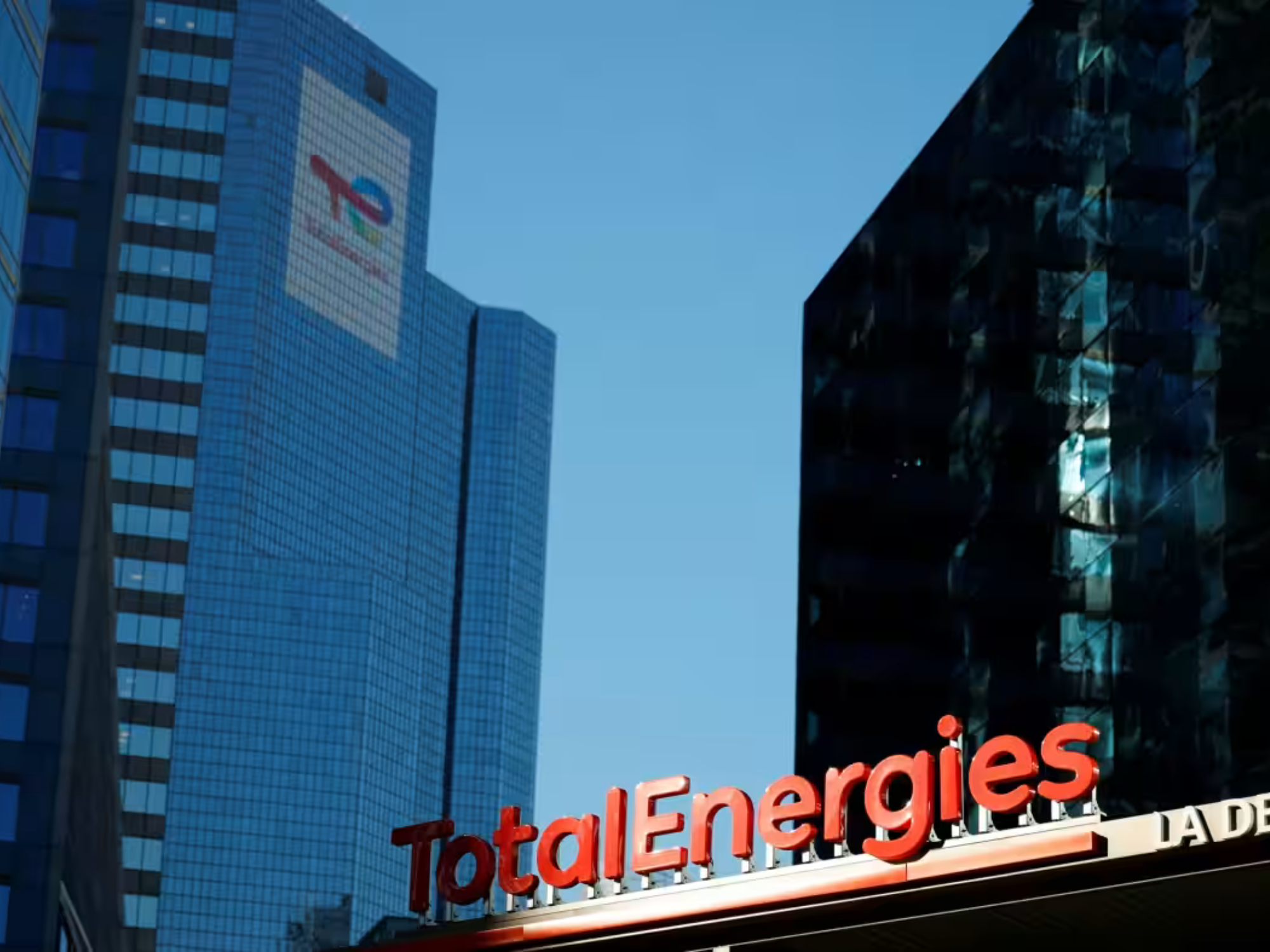French energy major TotalEnergies has joined a growing list of Western multinationals moving out from Pakistan, in the latest blow for the economy in crisis.
At least nine companies, including Norwegian telecom Telenor and Shell Oil, have announced moves to partly or completely exit investments in Pakistan over the past two years this is due to concerns about over-regulation, a clampdown on repatriating profits and political instability.
As per the Total spokesman the company sold its 50% stake in Total PARCO Pakistan, a company with a retail network of more than 800 fuel stations, to Switzerland-based commodities trader Gunvor Group. The stake, worth an estimated $26.5 million, was shifted to focus on “core geographies with growth and transitioning opportunities.
This statement by Total came just a few months after Telenor Group had sold its local unit to Pakistan Telecommunication Company for $388 million. With almost two decades of its operations in Pakistan Telenor had a customer base of approximately 45 million customers.
Another energy major Shell Oil, recently entered into an agreement to sell its 77.42% stake in Shell Pakistan to Saudi firm Wafi Energy in a transaction set to be completed by the end of this year.
Pharmaceutical giants Pfizer and France’s Sanofi have divested fully or partially to greener pastures.
Pakistan’s which is in the middle of economy crisis have seen its foreign exchange reserves drop. It sought a multibillion International Monetary Fund bailout last year to avoid situation from becoming worse as a result officials imposed currency controls that made it tougher for businesses to shift their profits overseas, a key reason for those companies quitting the country.
As per the reports of the local media between $1 billion and $2 billion in earnings from three MNCs were stuck in Pakistani banks for more than a year.
Over regulation by the authorities is generally cited as a major example of the companies quitting and Shell exist can be attributed to this in particular.
Meanwhile officials are grappling with the smuggling and the underground economy as well as intellectual property infringement.
The country is also facing worst political crisis in decades after its popular Prime Minister Imran Khan was ousted in 2022 and then imprisoned last year on a raft of charges that he said were politically motivated.
The series of divestments raises serious questions about Pakistan’s investment climate and efforts to beef up weak levels of foreign direct investment (FDI).






